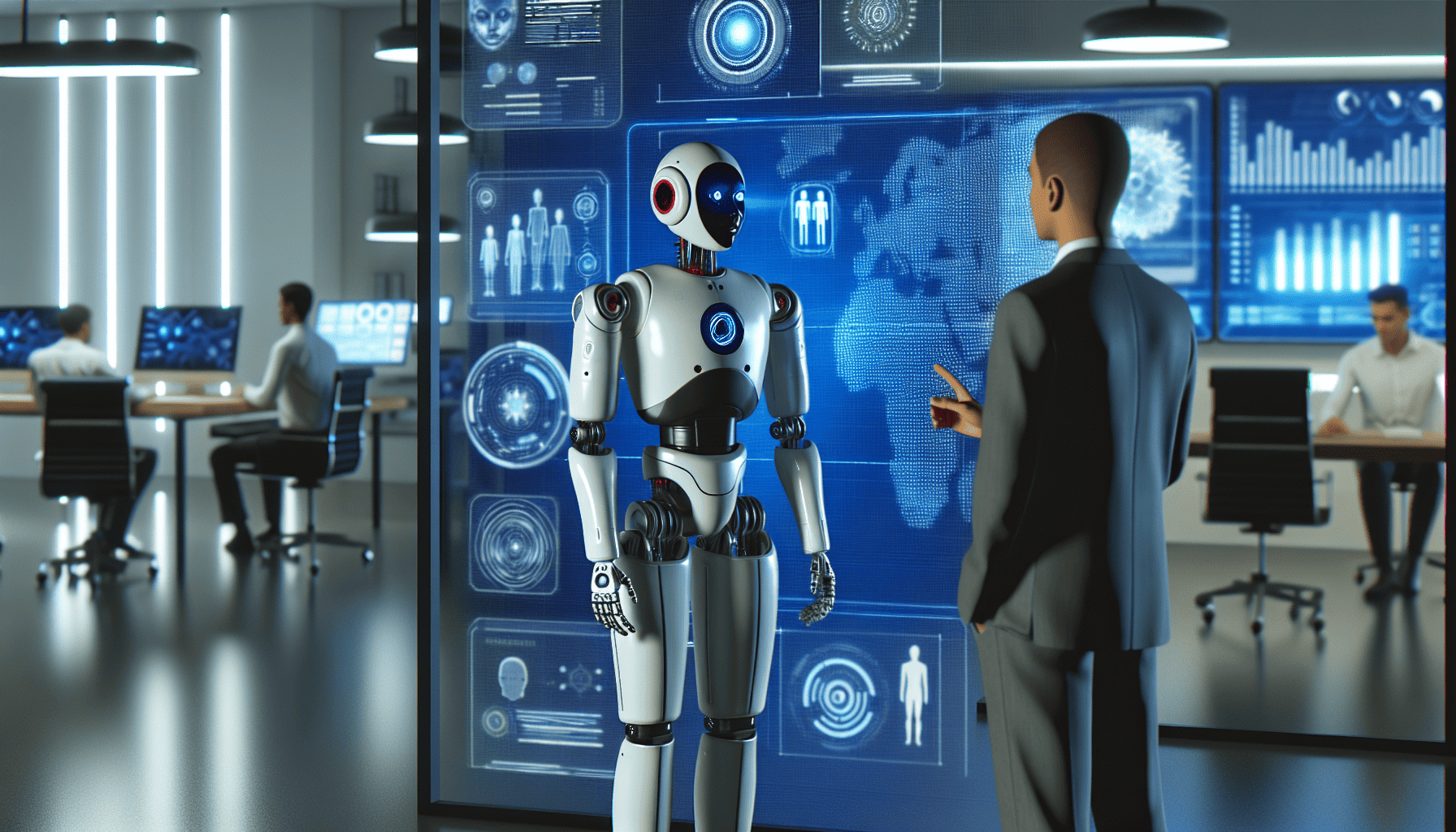In recent years, Artificial Intelligence (AI) has rapidly transitioned from a futuristic concept to an integral part of our everyday lives. From virtual assistants like Alexa and Siri to personalized recommendations on streaming services, AI is seamlessly interwoven into our daily routines, reshaping how we interact with the world around us.
AI's pervasive impact extends beyond personal gadgets and into various industries, bringing transformative changes that enhance efficiency, productivity, and customization. In healthcare, AI-powered diagnostic tools aid doctors by analyzing vast amounts of data to detect diseases early, thus enabling timely interventions. Meanwhile, in finance, algorithms process and analyze market data at unparalleled speeds, allowing traders to make informed decisions and manage risks more effectively.
One of the most noticeable shifts brought about by AI is in the realm of customer service. Chatbots and automated response systems have revolutionized the way businesses interact with consumers, providing instant support and streamlining communication processes. These AI-driven systems learn from each interaction, improving their accuracy and proficiency over time, thereby enhancing the overall customer experience.
The education sector has not been left behind. Intelligent tutoring systems offer personalized learning pathways tailored to suit individual learning styles and paces. By analyzing student data, these systems identify areas requiring improvement and adjust teaching methods accordingly, promoting a more effective learning environment.
In the realm of transportation, AI is the powerhouse behind the development of autonomous vehicles. By processing data from various sensors and cameras, these vehicles navigate streets with increasing precision and safety. The eventual integration of self-driving technology into everyday transit holds the promise of reducing road accidents and transforming urban landscapes.
Despite its many benefits, the rise of AI also brings challenges, particularly concerning privacy and employment. As AI systems continue to gather and analyze personal data, safeguarding privacy becomes imperative. Moreover, the automation of tasks previously performed by humans poses significant questions about the future of work and the need for reskilling and upskilling the workforce.
Looking ahead, AI's evolution is set to become even more intertwined with the fabric of society. The potential for AI to solve complex global challenges, from climate change to healthcare accessibility, is vast. However, realizing this potential requires striking a balance between harnessing AI's capabilities and ensuring ethical and responsible deployment.
In conclusion, AI is no longer a distant vision; it is a present reality reshaping how we live, work, and interact. By embracing this technology while addressing its challenges, we can unlock a future brimming with possibilities, where AI not only augments human capabilities but also fosters a more efficient and inclusive world. The future, undoubtedly, is unfolding before our eyes—ushering in an era where artificial intelligence is as ordinary as the air we breathe.
